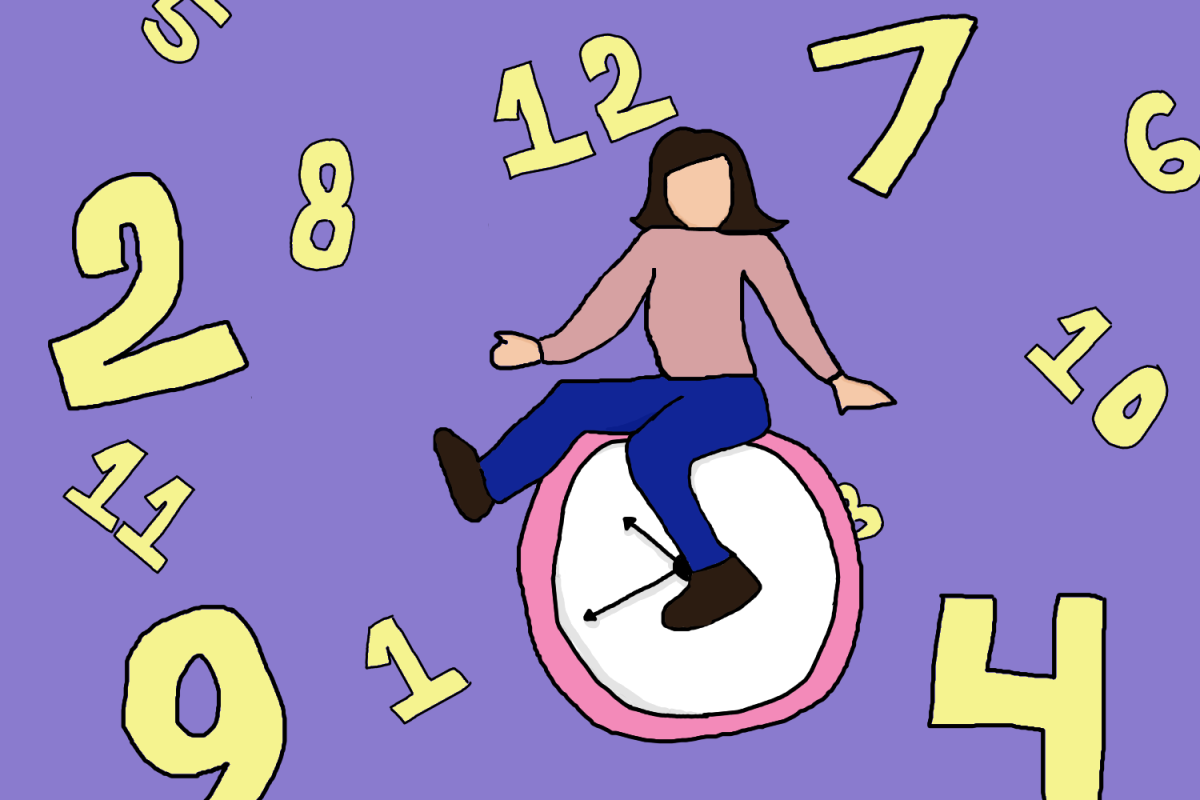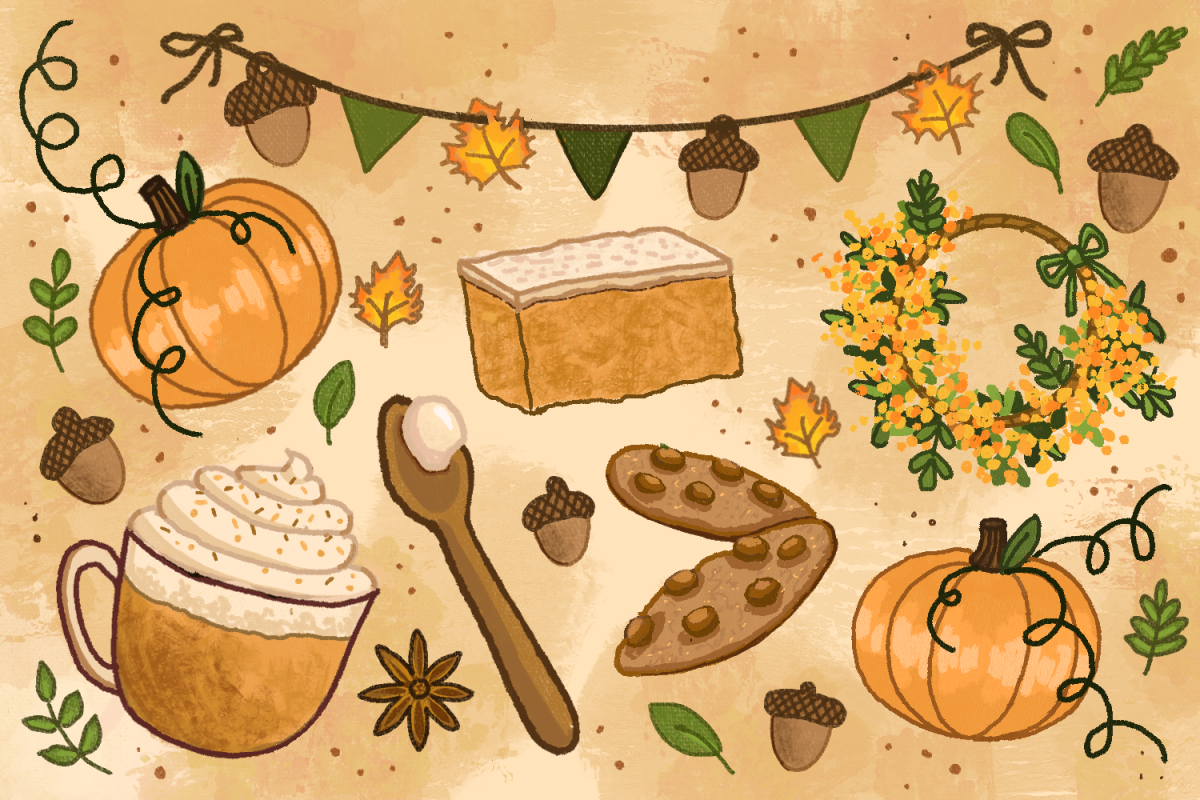As the school year begins to end, anticipation of the upcoming AP exams that occur in early May continues to grow. During “AP season”–that is, the two-week period in between spring break and the day of the AP exam–students oftentimes find themselves spending hours on end meticulously practicing, reviewing, and finalizing various subjects up until the day of their test. With all this diligent preparation comes the heavy burden of stress and anxiety that can be especially difficult to manage during these final weeks. While this apprehension may not be preventable, there are a couple ways of to reduce the pressure:
Make a Study Plan
One of the most common reasons many students feel so overwhelmed during AP season is a result of feeling unprepared for their exam from a lack of self-studying. Fortunately, an easy solution to this problem is writing down an action plan ahead of time, which could consist of splitting up topics to review every night as opposed to cramming multiple units in one night. This is especially important in order to balance regular school workload and extracurricular activities on top of studying for AP exams.
“As a sophomore, it’s my first year taking AP’s, so I made sure to prepare for my exams in advance, starting around spring break, to alleviate as much pressure as possible. So far, I’ve been on track with my schedule, and I think it’s really beneficial to make one for major assessments such as finals or AP exams,” said sophomore Avery Gu.
Find What Study Method Works For You
While some people have the ability to put away all distractions and consistently work on assignments in one sitting, unfortunately for the majority, this strategy is unrealistic. A better way to handle heavy-content material is to spend some time beforehand researching and experimenting with several study methods such as active recall, which focuses on constantly repeating the material, or the Pomodoro Technique, which incorporates using breaks to help recharge your mind when studying. See which style suits yourself (and the subject matter) the best.
“I use the Pomodoro Technique a lot when I’m studying for my heavy-content classes such as AP U.S. History, and it’s especially helpful when I’m reviewing units for long periods of time,” said junior Suzanne Khuon.
Allow Yourself to Take Breaks
During AP season, many students are tackling multiple AP courses at a time. While it’s important to dedicate a portion of your day to studying for the upcoming exams, it’s just as necessary to give yourself time to clear your mind. This includes screen-free pastimes such as taking a short walk around your neighborhood, reconnecting with nature, meditating, or organizing your workspace.
Exercise and Eat Well
Speaking of taking breaks, another major key to manage stress is by making sure you’re eating enough food–snacks like berries, citrus fruits, dark chocolate, and nuts are packed with nutrients that benefit brain health–and moving around in between breaks. While studying, it’s possible to find yourself sitting in the same position for several hours on end. This itself has harmful effects on your body and reiterates the importance of exercising in order to keep stress levels low and concentration levels high, as exercising boosts blood flow to the brain which keeps you motivated and focused throughout study sessions.
“One of my favorite pre-study snacks to make is a smoothie that incorporates foods such as blueberries which are rich in antioxidants, along with coconut water and almond butter which are heart healthy. It tastes really good, but I also feel a lot more relaxed whenever I make one when I study,” said junior Kylie Cheng.
Shift Your Mindset
The key to success doesn’t come from the number of hours you put into studying, but the way you approach the material itself. When studying and preparing for the exam, it’s essential to keep a positive attitude that will help motivate yourself throughout the process. This can be done as simply as giving yourself daily affirmations every morning or even decorating your room with inspirational quotes and images.
At the end of the day, regardless of the outcomes of the exam, a test score does not define or determine your self-worth. Happy studying!







